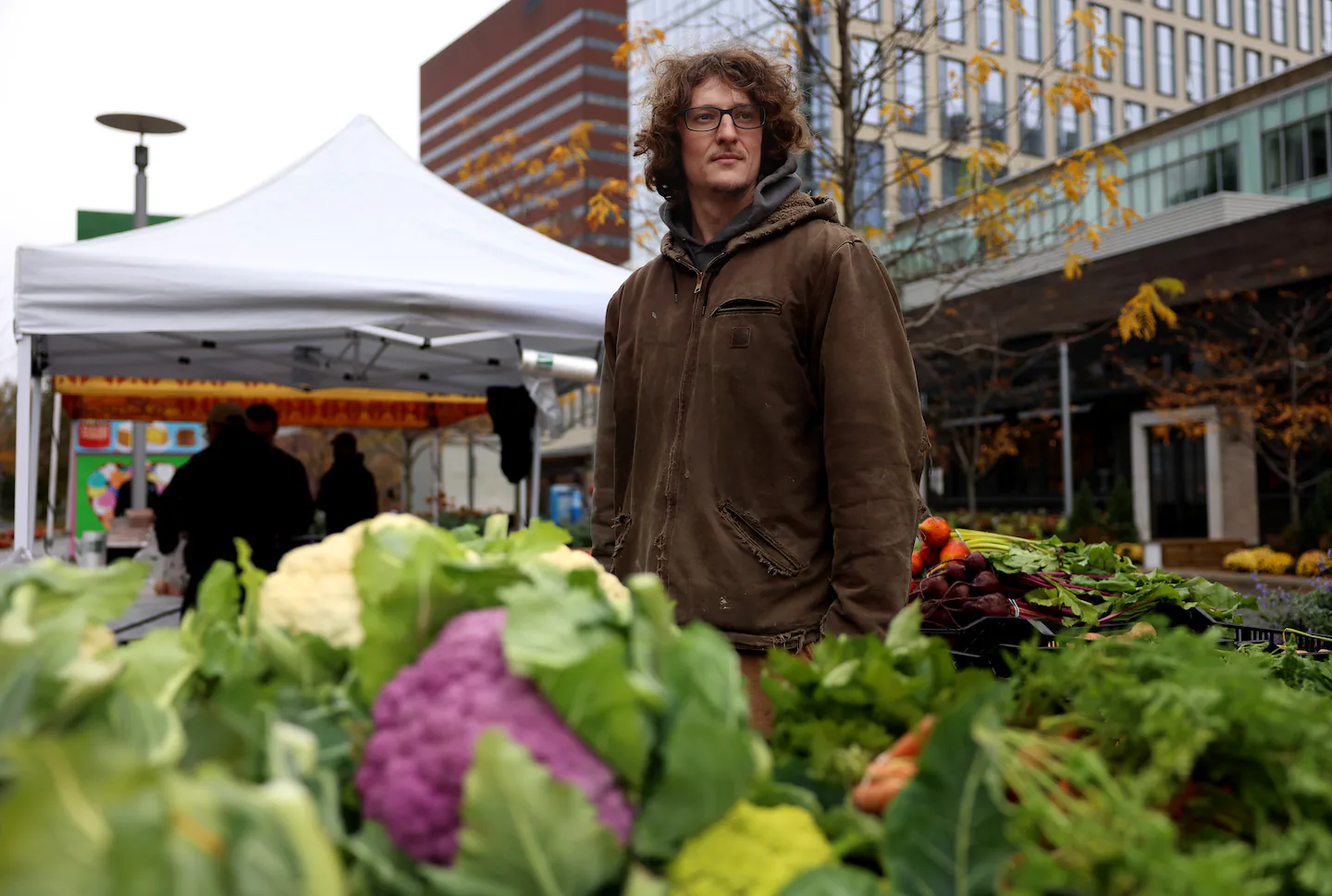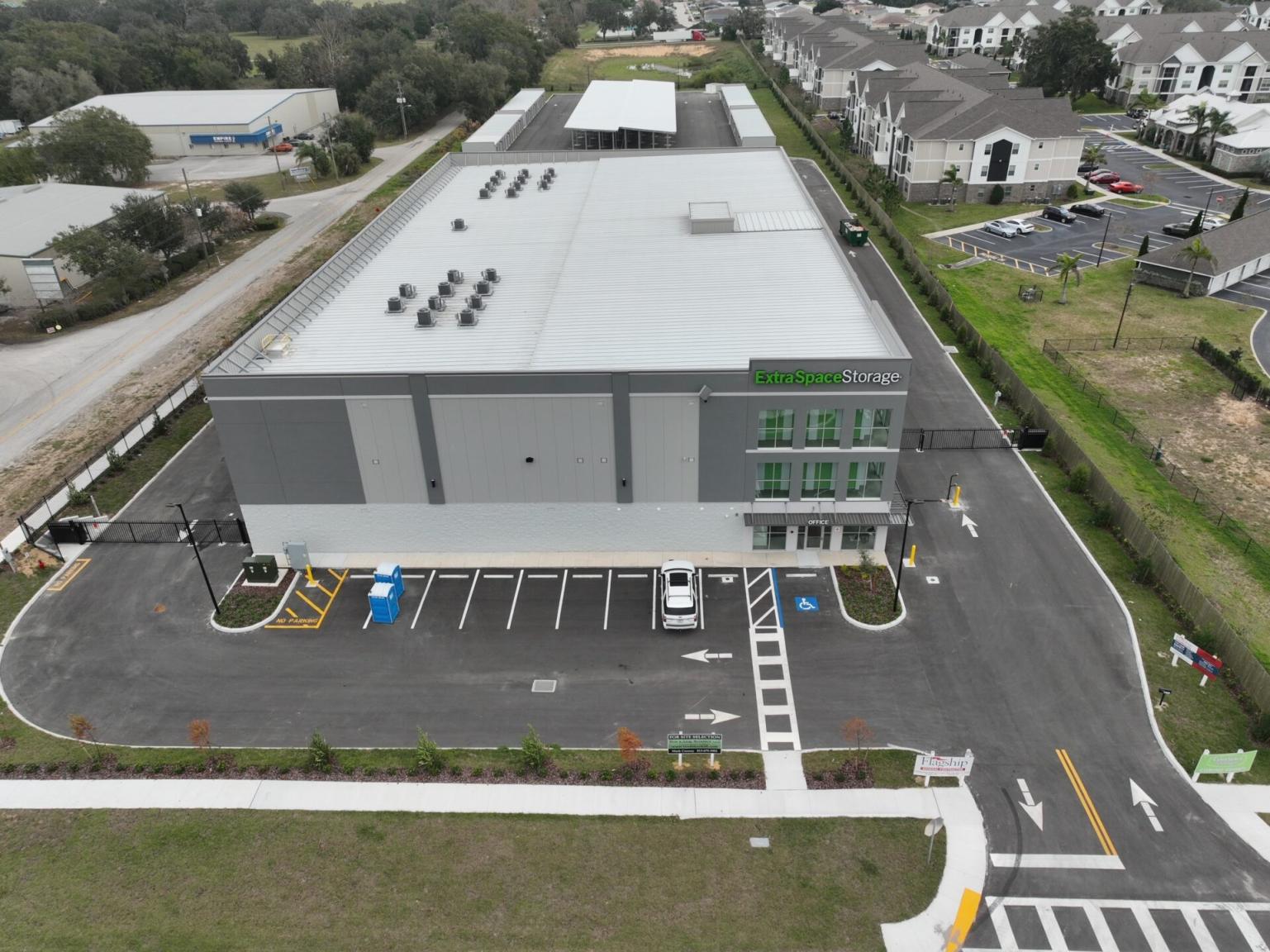Copyright The Boston Globe

“If customers aren’t buying as much because they don’t have access to the money, it messes with my inventory stream, which then can cut into revenue,” he said. “And the real problem is that I planted all this stuff in May, expecting to sell it now at a volume that was pretty determined.” Last week, two federal judges ruled that the Trump administration must fund SNAP using contingency funds during the shutdown. However, it could still take multiple weeks for benefits to be distributed to SNAP users, potentially leaving people without their benefits. The Justice Department may also appeal the rulings. In addition to the potential loss of SNAP benefits, all federal loans and grants have been paused during the shutdown. According to the USDA, loans like the Farm Operating Loans give up to $400,000 for eligible borrowers. In fiscal years 2019 to 2023, the US Government Accountability Office recorded that, on average, the USDA and the federal government provide support to 1 million agricultural producers each year. “The government shutdown is already causing real problems for Massachusetts farmers. With USDA offices closed, farmers cannot access loans, disaster help, or conservation programs they depend on. These are not political talking points. They are practical tools that keep farms running,” said Warren Shaw, president of the Massachusetts Farm Bureau Federation, in a statement to the Globe. The official USDA.gov website has a statement saying the site will not be updated during the “Radical Left Democrat shutdown.” Kevin O’Dwyer, owner and operator of Langwater Farm in North Easton, said that although his farm has not yet felt the direct impacts of the shutdown, he has previously relied on federal loans to help with operating costs. “As farmers, we get going in the beginning of the year, and our cash flow is very low, and we have a lot of expenses for purchasing seed, fertilizer, other supplies, and the labor to get the season off to a start,” O’Dwyer said. “And so we often borrow on an operating line to get through that period and then repay it as we get into the cash flow positive time of year, later in the summer.” Langwater Farm received a Farm Operating Loan in 2024 from the Farm Service Agency, an agency within the federal government. The loan, which O’Dwyer described as a “lengthy process” to apply for, allowed Langwater Farm to pay its high operating costs without going into a deficit due to low cash flow. O’Dwyer said while he did not apply for another loan or grant yet, he has heard from other farmers in the area who have. “I’d imagine that they’re awaiting to hear about awards, and I’d guess that it’s probably been delayed,” he said. Martha Suquet, the farm to food access coordinator at Berkshire Grown, an organization that works with farms in Berkshire County, said that the looming cuts to SNAP are concerning for the farmers Berkshire Grown works with. “Farmers have been working towards and have built it into their business [to] have SNAP-eligible products, and they attend these farmers’ markets to expect a certain amount of revenue from sales,” she said. “If that is immediately cut, there’s going to be a lot of organizations working to try to figure out how to mitigate that impact.” For Rutledge, SNAP users make up a large portion of his customers, meaning that if they stop coming, he is losing a large chunk of his income. Rutledge said that even if certain grants or loans were available, without the reassurance of knowing that SNAP users would come and buy his products, he would be worried about being able to repay the loan. “I just feel like, even with a grant or a loan, if we don’t have the back-end revenue to support that, it’s just taking kind of the rug from under us, regardless, even if that opportunity to apply is available, like we might not feel as confident taking it,” he said.



